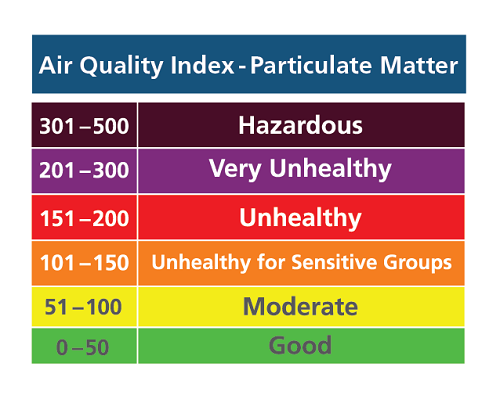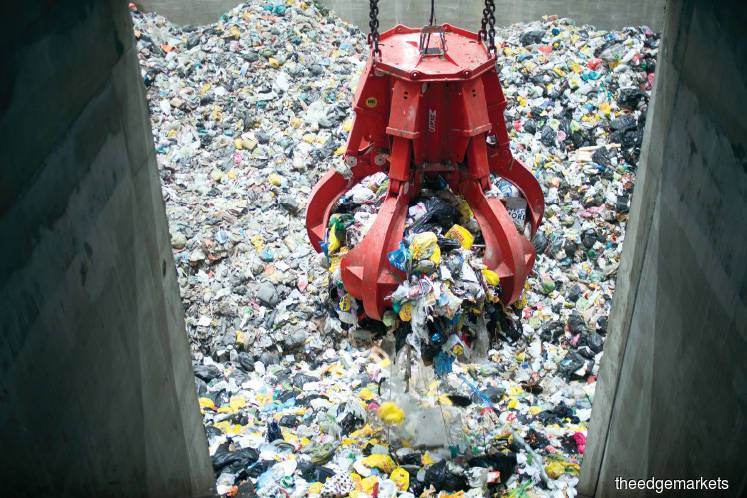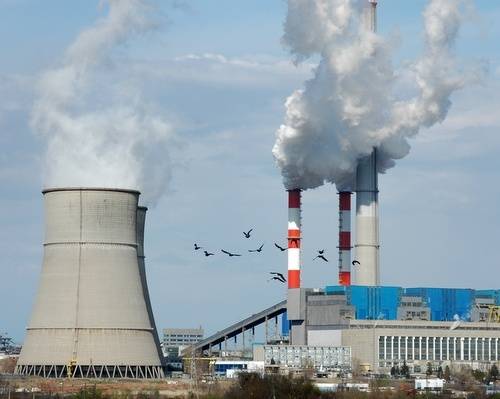The COVID-19 outbreak has seriously hit us hard, causing a tremendous impact on the workplace, economy, politics and even our daily lifestyle. The only way to stop this virus from spreading anymore is that everyone practices self-isolation, which most of the countries announced a lockdown. Now with the lockdown and self-isolation protocol, everyone is staying indoors. However, with everyone stuck at home, the COVID-19 had some positive effects on the environment, which is great news to everyone. At the moment, the world has changed beyond recognition, and let's check it out ~
1) Improvement in Air Quality, Reduction in Air Pollution
One of the most significant impacts this outbreak has brought to the environment is that it shows a dramatic drop in air pollution all around the world. The COVID-19 disrupted all industrial activities, all non-essential business has been shut down as of late, most flights are cancelled, other large-scale gatherings in any form have all been shuttered until further notice. With everyone staying home, there is a remarkable decrease in vehicular traffic.
Many experts observed the satellite imagery from the likes of NASA and the European Space Agency (ESA), taking it as "the largest scale experiment ever" in terms of reduction in emissions around the world. Data collected by the European Space Agency’s (ESA) Sentinel-5P satellite over the last few weeks show a noticeable reduction in polluting gases.
While in Malaysia, our Air Pollution Index (API) declined sharply as well, and the Air Quality Index (AQI) increased to a very decent quality. Earlier, our API falls under the Orange-Coloured category which is well-known as the "unhealthy for sensitive" category. Now, proud to say, most areas' API changed to the Yellow-coloured category (Moderate) and some even the Green (GOOD) category.

2) Alleviation of waste
According to a news report by The Star last year, their report and data shows that Malaysians produced 38,000 tonnes of waste each and every day, causing Malaysia to be one of the "waste capitals" in the world! Besides physical wastes, Malaysia also faces the issue of toxic waste being thrown into rivers and seas causing marine pollution. Also, we face at least 15,000 tonnes of food wastage every day.
Now with the COVID-19 outbreak, all of a sudden, everything the government couldn't solve was solved easily within a fingertip. Instead of using single-use cups outside at cafes, or even trying to use serviettes and tissues, now at home, everyone cleans their mouth with water, uses handkerchiefs, and even use water bottles, preventing so much waste production. Cooking at home also averts the wastage of non-reusable plastic containers.
Next, industrial works had been stopped, marine pollution doesn't worry anyone anymore! Last but not least, the lockdown caused a panic-buying in the supermarkets, all shelves were emptied, food aren't sufficient, so everyone has to plan their meal, and it automatically avoids food wastage!

3) Decrease in coal combustion emissions
Due to COVID-19, there was a remarkable fall in coal consumption, causing a lack of demand, and supply automatically decreases. Coal combustion causes water pollution and produces quite a number of airborne pollutants such as carbon dioxide, carbon monoxide and nitrous oxides. These emissions of coal combustion doesn't only causes air pollution, but also contributes to respiratory illnesses. Other than that, it causes acid rain, smog, primary greenhouse gas and even haze ! China's major coal-fired power stations even saw a 36% drop in consumption between February and March this year.
- Sulfur dioxide (SO2), contributes to acid rain and respiratory illnesses
- Nitrogen oxides (NOx), contribute to smog and respiratory illnesses
- Particulates, contribute to smog, haze, and respiratory illnesses and lung disease
- Carbon dioxide (CO2), which is the primary greenhouse gas produced from burning fossil fuels (coal, oil, and natural gas)
- Mercury and other heavy metals, which have been linked to both neurological and developmental damage in humans and other animals

4) Waters are clean again
The other impact of coronavirus on the environment could be seen in Venice, Italy. When there were a number of tourists there, the motorboats released many other water pollutants, uneducated tourists littered, causing severe water pollution there. Now because on the virus, Venice's canals are cleaner than they were, water pollutants dropped dramatically, and fishes can be seen once again!
Although the COVID-19 outbreak affects us thoroughly, however, it did some good to the sick earth, recovered most of nature, making the earth recover!
Also, check out the video regarding Georgia Guidestones
References: The Star
Covid-19 is here to help? JOIN MOJO tell us what you think and get paid!












